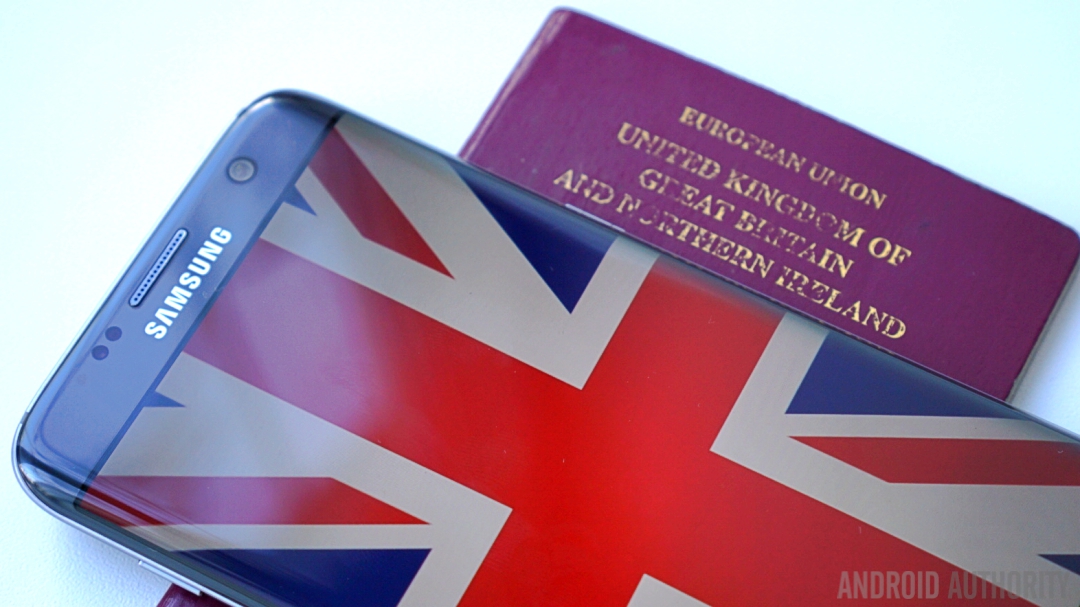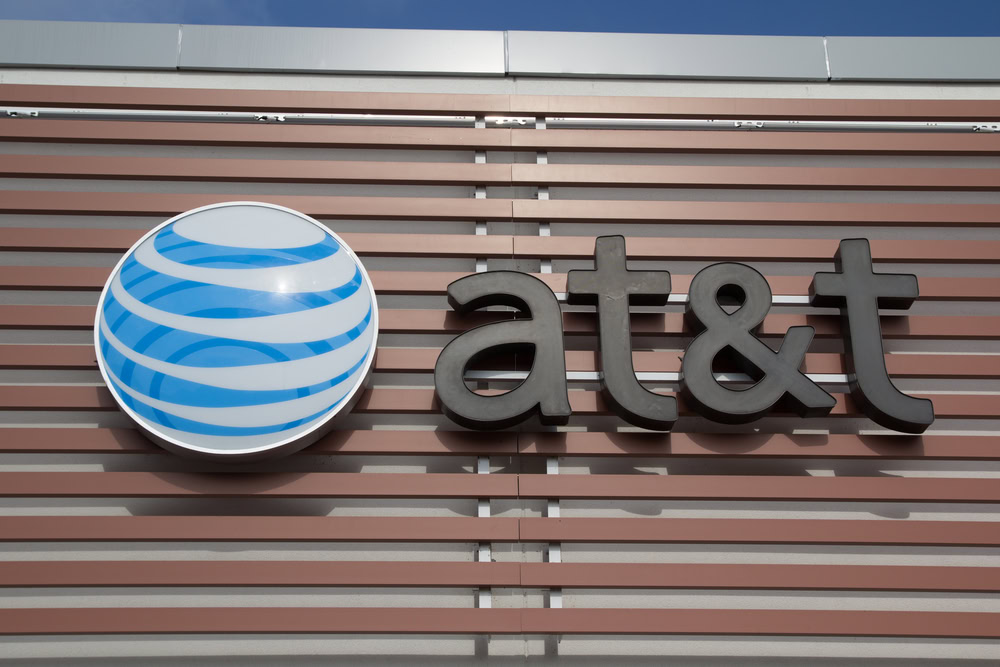Affiliate links on Android Authority may earn us a commission. Learn more.
Say goodbye to roaming charges (at least in the EU)

EU lawmakers have just overcome the “final hurdle” in their bid to abolish roaming charges, setting limits on the calling, SMS and data fees individual carriers can charge one another. It’s a historic move: enabling the EU to shift the cost of roaming fees from the customer to the carrier. The new wholesale rates are about 90 percent lower than current fees, with none of that financial burden being passed on to customers.

The deal means the EU will be free of roaming charges on June 15, 2017. When that time comes, anyone traveling within an EU member country will be able to access local networks to make calls, send texts and use data without having to worry about any fees greater than those they would normally pay their local carrier.
With the end of roaming fees, data usage abroad is also expected to soar since consumers will not need to search for wifi hotspots to make surfing affordable. – Council of the European Union
But the deal also benefits carriers, so they can rest assured they won’t get stung with massive roaming bills from other carriers (poetic justice, some might say). The specifics of the deal put a price limit on calls, SMS and data, which will be reviewed every two years by the European Commission.
The rates set by the Council of EU member states and lawmakers also decrease over time. So the current rate of up to 50 Euros per GB will drop to 7,70 Euros per GB in mid-June and decrease to 2,50 Euros by 2022. Starting mid-June, call costs will decrease from 5 Euro cents per minute to 3,2 Euro cents and SMS charges will drop from 2 cents to 1 cent.
This is obviously a huge win for European consumers. But the charges have been carefully calculated to keep them low enough so carriers don’t need to pass the costs on to their customers, but remain high enough to allow for maintenance and investment in 5G infrastructure. The provisional agreement reached Wednesday need only be confirmed by the European parliament and all EU member states.